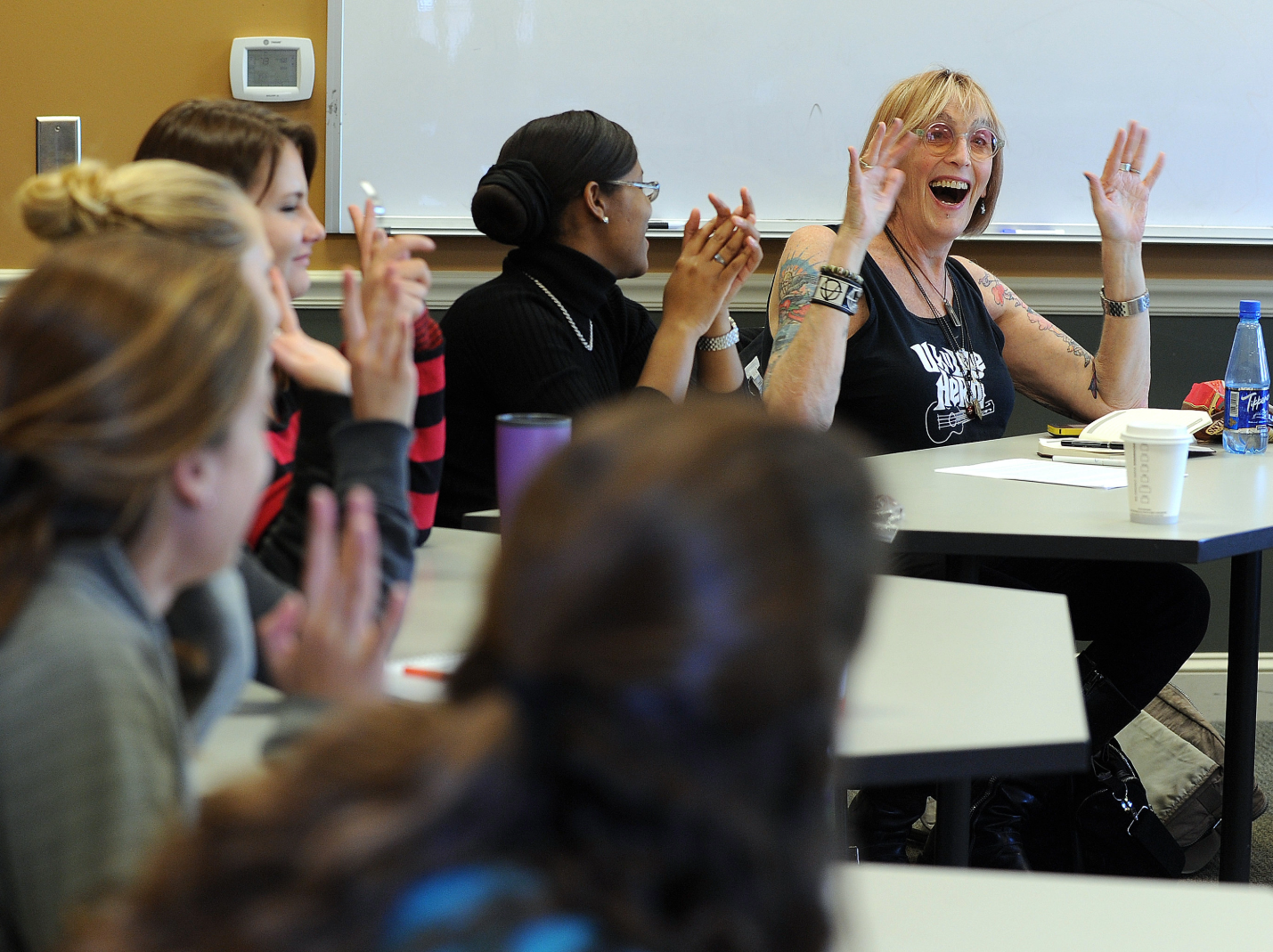
The University of Oklahoma offers a Social Justice Minor, which “introduce[s] students to the complexities of structural inequalities and injustices while teaching students critical thought processes.” Arizona State University offers an MA in Social Justice and Human Rights that prepares students to understand “how social justice and human rights issues are defined by multiple and intersecting forms of inequality and social identity, including gender, race, ethnicity, class, sexuality and nationality … and to hone their abilities to work effectively in research and advocacy contexts.” The University of North Carolina’s Women and Gender’s Studies department states that it is “committed to hearing and amplifying the voices of the marginalized, interrogating and challenging heteropatriarchal white supremacy in all its manifestations.”
These are not real programs of intellectual study dedicated to pursuing truth and intellectual pluralism. They are activist pseudodisciplines, committed to achieving power by changing the world, narrowly constrained within a particular theoretical approach, and staffed by professors intent on subordinating the academy to propaganda and activism. They degrade intellectual activity rather than contributing to it. Since these activist pseudodisciplines are generally dedicated to revolutionizing America, they also betray the civic mission of our public universities. As we have detailed in our report, Social Justice Education in America, radical activists have created an entire ecosystem throughout America of journals, university presses, professional associations, and university programs, all dedicated to extending the illusion that radical activism actually is intellectual activity.
State legislatures, state boards of trustees, and boards of trustees should defund programs and departments that are activist pseudodisciplines rather than genuine exercises in intellectual inquiry. Radical activists have used “academic freedom” as a camouflage to protect political activism at best thinly disguised as scholarship. Many “Studies” departments in particular, such as Ethnic Studies or Gender Studies, explicitly state that their discipline aims to change the world rather than to understand it. Citizens and policymakers are not obliged to fund activists pretending to be professors.
[RELATED: The Collegiate War on Excellence and Descent into Mediocrity]
The National Association of Scholars (NAS) and the Civics Alliance, therefore, have drafted a model Program Review Act, which establishes a Task Force to review all undergraduate and graduate academic programs offered at a public university system. This program review, especially tasked to distinguish real disciplines from activist pseudodisciplines, will provide the information that policymakers need to determine which academic programs and departments should be discontinued and defunded.
The Task Force doesn’t do the discontinuing and defunding itself. That’s a major decision, and it shouldn’t be delegated away from elected representatives and Boards of Trustees. The Task Force provides the information. Policymakers make the actual decision about whether to cut funding for particular programs.
We would rather Boards of Trustees and university presidents use the information provided by the Task Force to make the cuts themselves. But academic administrators could have eliminated activist pseudodisciplines a generation ago if they really wanted to. Elected representatives—governors and state legislators—must be willing to use the information provided by the Task Force as a guide to cutting public university budgets. Public universities, alas, can no longer be expected to reform themselves.
Higher education reform cannot be achieved solely by forbidding “diversity, equity, and inclusion” (DEI) or creating new, autonomous civics education centers. It must be done by eliminating, at long last, the activist pseudodisciplines that pretend to be real intellectual disciplines. These parasites on the university must be reviewed and removed.
Follow David Randall on X.
Image: “Kate Bornstein visits with Stephen Bloch Schulman’s women’s gender studies class” by Elon University on Flickr